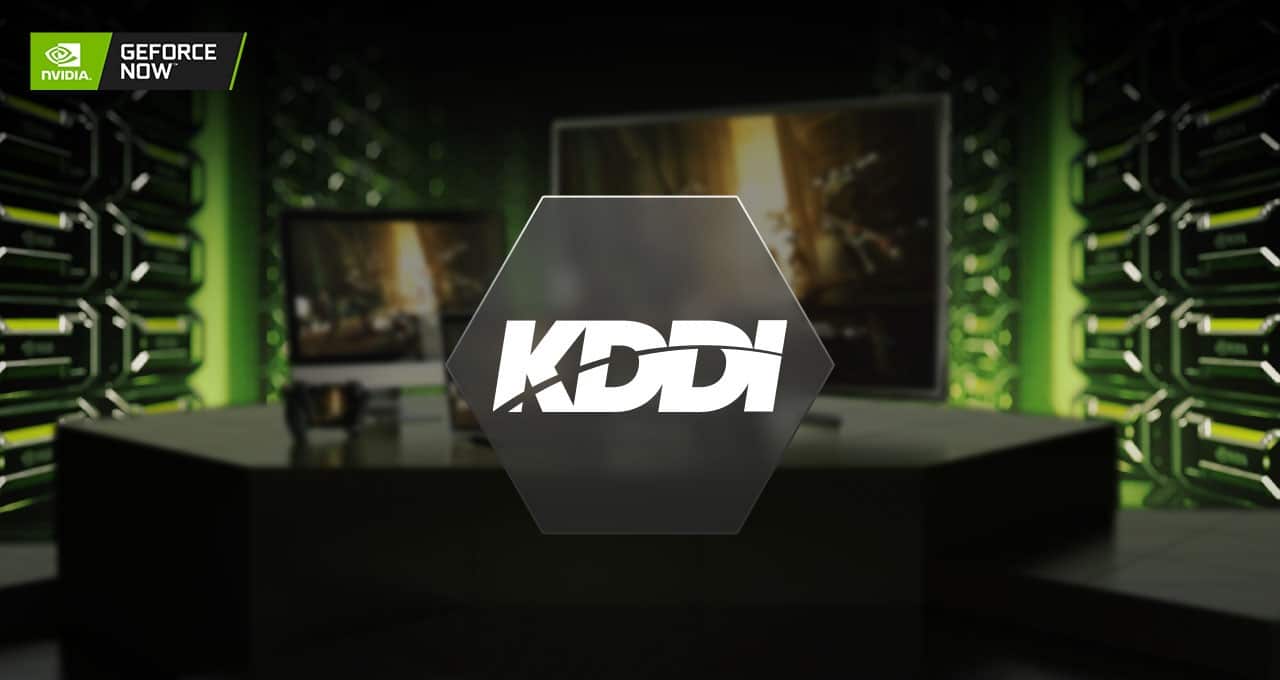Gamers want to play their favorite games with the power of NVIDIA GPUs — on whatever device they’re using.
KDDI, one of Japan’s biggest telecoms companies, is helping gamers in Japan do just that by offering the GeForce NOW game-streaming service to its customers.
As the newest GeForce NOW Alliance member, KDDI becomes the seventh partner expanding GeForce NOW into new markets around the globe. They join LG Uplus, Taiwan Mobile and Telefonica, among others.
GeForce NOW brings the performance of PC gaming to more devices and people through cloud data centers packed with NVIDIA GPUs.
It’s the world’s leading cloud gaming platform for PC gamers, offering hundreds of games from data centers in North America, Europe and Asia. These data centers house powerful NVIDIA RTX Servers capable of delivering the visual fidelity of real-time ray tracing in today’s biggest blockbusters on underpowered PCs, Macs, Android TV and mobile devices.
Over 100 publishers, representing more than 1,000 games, have signed up to support GeForce NOW. The library already includes hundreds of games, with more added to the service weekly.
“GeForce NOW gives us a new way to deliver our top titles to fans instantly. Most forms of entertainment are already streaming and we welcome GeForce NOW expanding Sega games to new audiences,” said Kenji Matsubara, COO at SEGA Games.
By placing RTX Servers on the edge of 5G and broadband networks, GeForce NOW Alliance partners enable GeForce NOW to deliver the lowest possible latency for gamers. And this provides partners an excellent opportunity to differentiate their investment in broadband and 5G infrastructure.
“KDDI is very excited to work with NVIDIA to deliver the most popular PC games over our low-latency broadband and new 5G network to gamers in Japan,” said Yasuhisa Yamada, administrative officer of the service development division at KDDI. “We’re placing NVIDIA’s RTX gaming servers in a brand-new data center in Tokyo to be as close as possible to gamers.”
As a GeForce NOW Alliance partner, KDDI gains a low-latency service they can deliver over their advanced broadband and 5G networks connected at the edge. And gamers in Japan get more power to play their favorite games. All in perfect harmony.
